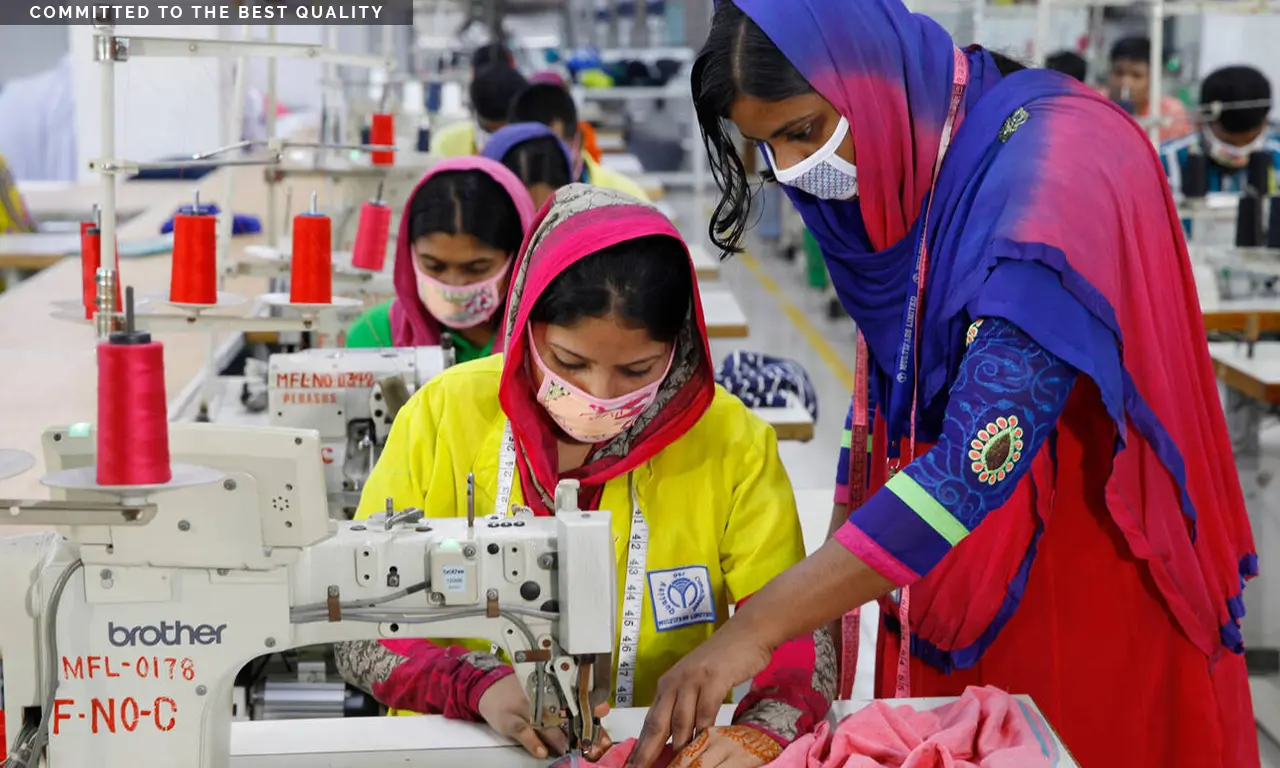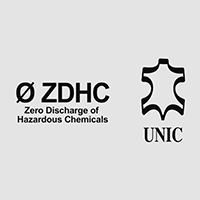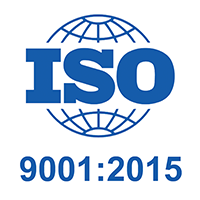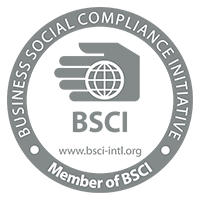
Knowledge sharing is the process of exchanging information and insights with others. It is an essential part of any organization, as it allows employees to learn from each other and improve their performance. In the ready-made garments (RMG) sector, knowledge sharing is particularly important, as it can help to improve efficiency, productivity, and quality.
There are a number of motivational factors that can influence knowledge sharing behavior. These factors include:
- Individual motivation: Individuals are more likely to share knowledge if they are motivated to do so. This motivation can come from a number of sources, such as a desire to help others, a desire to learn new things, or a desire to be recognized for their knowledge.
- Intrinsic Motivation: When managers possess an inherent desire to share knowledge, they are more likely to engage in knowledge sharing behavior. Intrinsic motivation factors, such as a sense of achievement, personal growth, and the satisfaction derived from helping others, can positively influence their willingness to share knowledge. Managers who find joy and fulfillment in sharing their expertise are more likely to actively participate in knowledge sharing initiatives, fostering a culture of collaboration within the organization.
- Extrinsic Motivation: External factors can also influence knowledge sharing behavior. For instance, managers may be motivated to share knowledge when they are recognized, rewarded, or acknowledged for their contributions. Recognitions such as bonuses, promotions, or public recognition of their expertise can incentivize managers to actively participate in knowledge sharing activities. Incentive programs that link knowledge sharing to performance evaluations or career advancement opportunities can further drive managers to share their knowledge.
- Organizational culture: The organizational culture can also influence knowledge sharing behavior. Organizations that have a culture of openness and trust are more likely to have employees who are willing to share their knowledge.
- Trust and Psychological Safety: Trust and psychological safety are critical factors that influence knowledge sharing behavior. Managers are more likely to share their knowledge when they feel safe, respected, and supported within their working environment. If managers fear negative consequences, such as judgment or criticism, they may be hesitant to share their expertise. Building trust and creating a psychologically safe environment through effective communication, mutual respect, and supportive leadership can foster a culture of knowledge sharing.
- Rewards and recognition: Employees are more likely to share knowledge if they are rewarded for doing so. Rewards can be tangible, such as monetary bonuses, or intangible, such as public recognition.
- Opportunities for learning: Employees are more likely to share knowledge if they have opportunities to learn from others. This can be done through formal training programs, informal mentoring relationships, or simply by talking to other employees.
Knowledge sharing is an essential part of any organization, and it is particularly important in the RMG sector. By understanding the motivational factors that influence knowledge sharing behavior, managers can create an environment where knowledge sharing is encouraged and rewarded. This can lead to improved performance and productivity.
Leave a Reply
Your email address will not be published.






















Comments
0 Comment